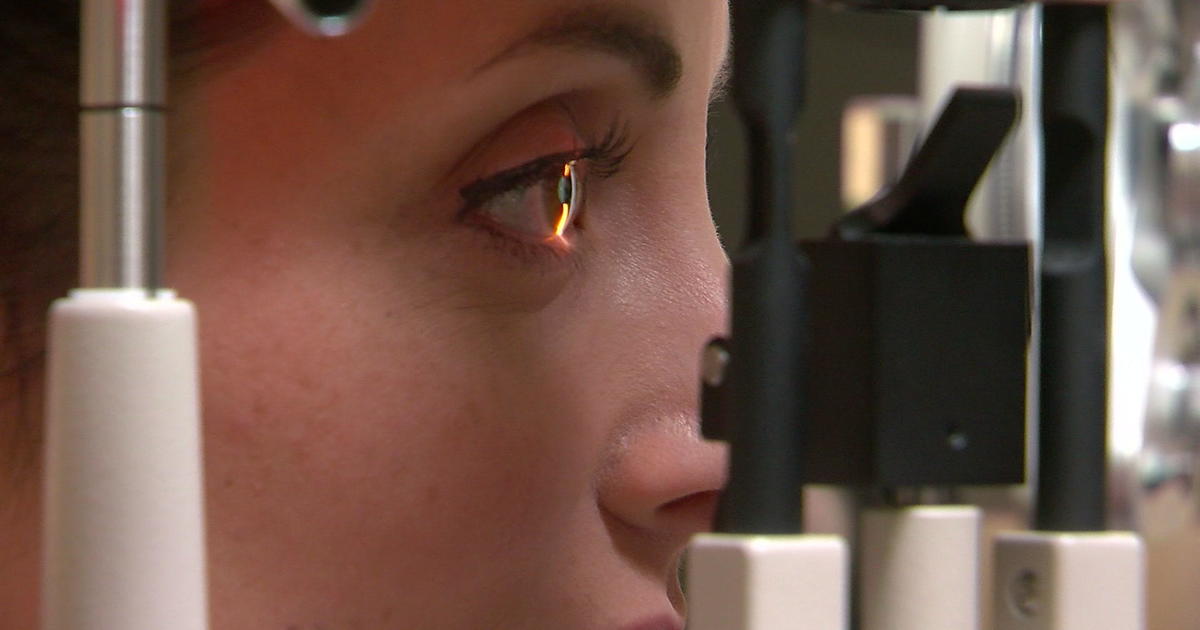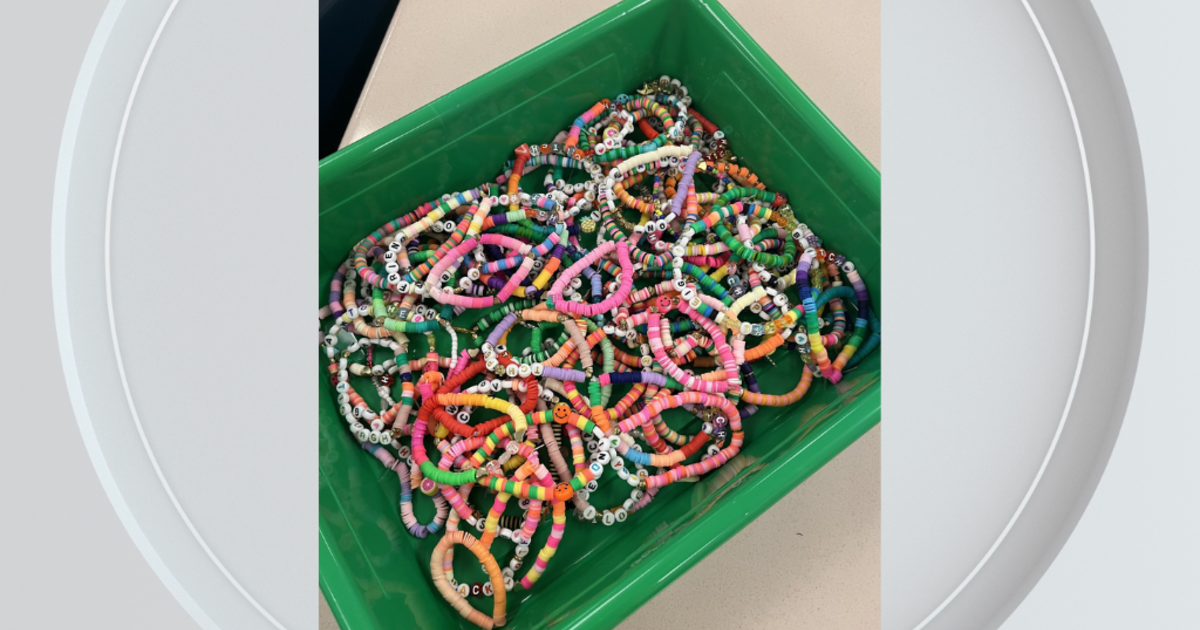Researchers Examine Link Between Screen Time & Speech Delays In Children
PITTSBURGH (KDKA) -- Screens can captivate.
They can help children recognize letters, numbers, shapes and colors, and they can give busy parents a much needed break.
But, can a child's interaction with handheld screens, like smart phones and tablets, affect their speech?
"The more time you spend on the screen, the less time you spend talking with people and hearing people," Psychiatrist Dr. Gary Swanson said.
A study being presented at the 2017 Pediatric Academic Societies Meeting found that the more time children between the ages of six months and two years spend using handheld screens, the more likely they are to experience speech delays.
But local doctors caution this isn't a black and white issue.
"The tricky issue with these things is a cause and effect. Does spending time on the screen cause the speech delay or does the speech delay cause kids to be more likely to use the screen," Dr. Swanson said.
Join The Conversation On The KDKA Facebook Page
Stay Up To Date, Follow KDKA On Twitter
This is the first study to look at this issue.
Parents of 900 children reported how much time their children spent using a screen at the age of 18 months and the researchers used a checklist to assess their language development.
"People will want to say 'oohh it's a bad thing', but it makes perfect sense to me that children who have a hard time expressing themselves, using language, understanding language, might prefer screens than people," Dr. Swanson said.
Twenty percent of the children spent an average of 28 minutes a day using screens. Researchers say for every 30 minute increase in daily screen time, there was a 49 percent increase of speech delay.
"I think it's safe to say most parents are having their kids spend some time on it, so my recommendation is everything in moderation," Dr. Swanson said.
The study did not look at the content of what children were viewing.
"If I had any bit of advice-- spend time with your child, do some fun things with your kid, interact with them and go out and play, read a book to them, sing with them, help them engage in creative activities," Dr. Swanson said.



